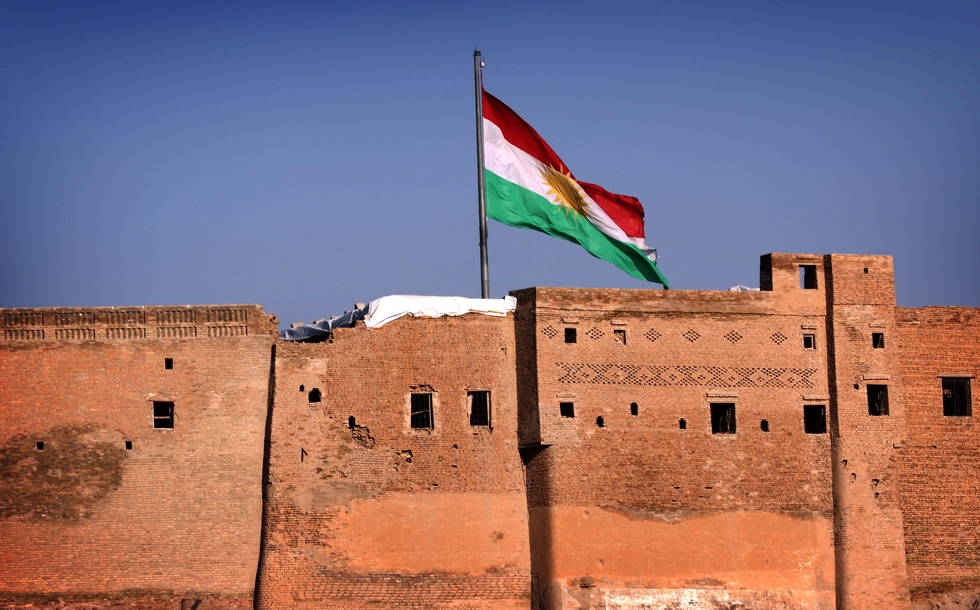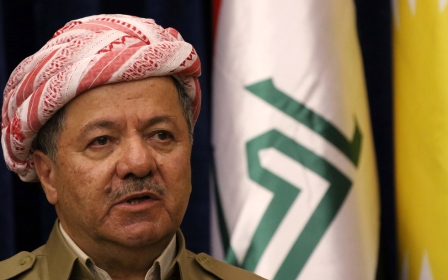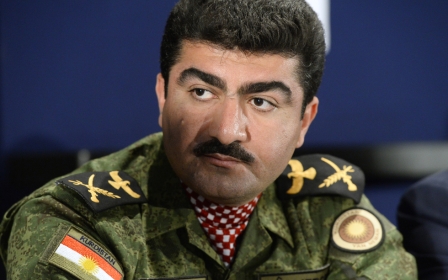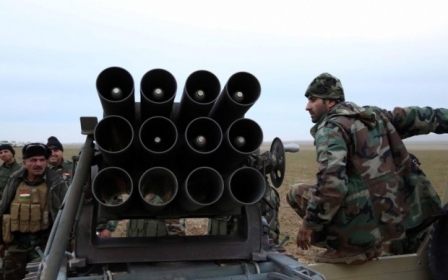Economic crisis forces Iraqi Kurd government to cut salaries

Iraq's Kurdish region announced that it will pay only partial salaries for all government employees except security personnel as it struggles with an economic crisis due to low oil prices.
The decision was taken "in order to ensure the continued distribution of part of the monthly salaries and allowances," the autonomous region's government said in a statement late Wednesday.
Delayed salary payments from last year "will remain as loans to the finance ministry and will be entered in a special account... until the financial situation improves," it said.
The Kurdish Regional Government (KRG) has been independently exporting crude via Turkey since a deal between it and Baghdad on oil and revenue sharing collapsed last year.
Plunging prices have put a major dent in the oil revenues on which the region relies for the vast majority of its funds.
Salaries for some Kurdish government employees have fallen months in arrears, and some have gone on strike to protest unpaid wages.
The announcement about salaries came after Iraqi Kurdish leader Massoud Barzani called for a referendum on independence for Iraqi Kurds.
But with immediate independence not a practical option, Barzani's call was most likely an appeal to nationalism ahead of the bad news on salaries, or an attempt to otherwise aid himself politically.
Following the US invasion of Iraq in 2003 and the official recognition of the Kurdistan Regional Government in 2005, the region bloomed into one of the most stable and prosperous economies in the Middle East, with some calling it the “next Dubai”.
However, the emergence of the Islamic State group in 2014, combined with a collapse in oil prices, has sent the KRG’s economy spiralling, with senior politicians warning of a need to cut spending and reduce subsidies.
Speaking at a conference on KRG oil and gas in London in December, Deputy Prime Minister Qubad Talabani criticised the government for its "overly central role" in the energy markets and warned that people were "too accustomed" to high government benefits and salaries.
Salaries for some Kurdish government employees are already months in arrears and strikes have taken place across the region.
Though the central Iraqi government is also in dire financial straits, the KRG does not have the same access to loans and bond markets in order to stay financially afloat.
Middle East Eye propose une couverture et une analyse indépendantes et incomparables du Moyen-Orient, de l’Afrique du Nord et d’autres régions du monde. Pour en savoir plus sur la reprise de ce contenu et les frais qui s’appliquent, veuillez remplir ce formulaire [en anglais]. Pour en savoir plus sur MEE, cliquez ici [en anglais].




